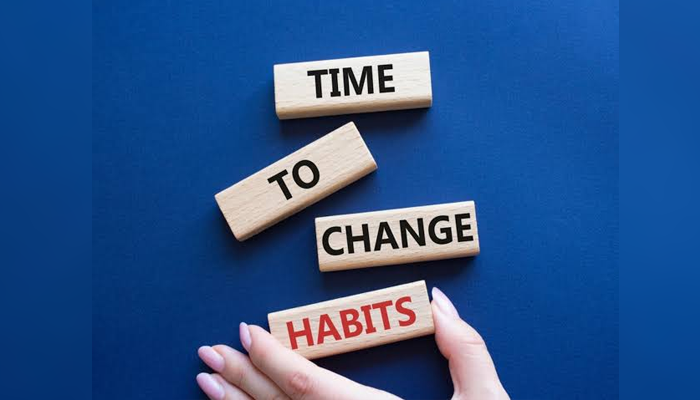The Next Frontier: 5 Business Shifts That Will Dominate the Landscape in 2025
- Devyani
- 6 months ago
- 4 minutes read

Get ready for the business landscape of 2025—where innovation, sustainability, and technology converge to shape the future of commerce.
As we look toward the future, the business landscape in 2025 is poised for transformative shifts. These changes are not just technological advances but also cultural, economic, and strategic movements that will shape how companies operate, innovate, and engage with consumers.
Here are five key business trends to watch for as we approach the next frontier of commerce.
AI-Driven Automation Across Industries

Artificial intelligence (AI) has already made significant strides in business, but by 2025, its impact will be even more profound. AI will drive automation beyond basic tasks, with industries such as manufacturing, retail, finance, and healthcare all relying on AI-powered systems to streamline operations, improve decision-making, and enhance customer experiences.
Automation, powered by AI, will not only reduce costs but also allow businesses to scale more efficiently. From intelligent supply chain management to AI-based customer service chatbots, companies will integrate these solutions into almost every facet of their operations. As a result, businesses will focus on reskilling their workforce to work alongside AI systems, ensuring human creativity and strategic thinking remain at the forefront.
Sustainability and Green Innovation

In the coming years, sustainability will no longer be a buzzword but a critical component of business success. As environmental concerns escalate and governments push for stricter regulations on carbon emissions and waste management, businesses that prioritize sustainability will lead the way in 2025. This shift will be driven by both consumer demand for eco-friendly products and the need for businesses to adhere to evolving environmental regulations.
The rise of green innovation will be evident in sectors like energy, agriculture, and manufacturing. Solar power, wind energy, and electric vehicles will become even more mainstream as companies look for renewable energy solutions to reduce their carbon footprints. Moreover, circular economies, where products are reused or recycled, will gain traction, reducing waste while creating new economic opportunities. In 2025, brands that embrace sustainability will not only attract eco-conscious consumers but also demonstrate corporate responsibility.
The Metaverse and Digital Experiences

By 2025, the metaverse will no longer be a futuristic concept but a part of daily business operations. Virtual and augmented reality (VR/AR) technologies will create immersive digital spaces where consumers and businesses can interact in entirely new ways. Brands will build virtual storefronts, launch digital events, and even offer virtual services, enabling customers to engage with products and services without leaving their homes.
For companies, the metaverse will be an essential tool for both marketing and customer engagement. Brands will host virtual product launches, offer personalized shopping experiences, and provide immersive brand experiences. Industries such as entertainment, real estate, and education will see a surge in metaverse adoption, as these sectors use digital environments to connect with their audiences in more engaging, memorable ways.
Remote and Hybrid Work Models

The shift to remote work accelerated by the pandemic is set to continue evolving in 2025. While many companies initially adopted remote work as a temporary solution, it’s now clear that hybrid models – a blend of in-office and remote work – will dominate. The flexibility to choose between working from home and the office will be crucial to attracting top talent and ensuring employee satisfaction.
Advances in collaboration tools and cloud technology will make hybrid work even more seamless. Virtual meetings will become more immersive, using tools like VR to create the feeling of being in the same room. Additionally, companies will invest in employee well-being programs, focusing on mental health and work-life balance, ensuring remote work is sustainable in the long term.
Personalized Consumer Experiences

In 2025, businesses will increasingly rely on data analytics and AI to offer hyper-personalized consumer experiences. Consumers expect tailored products, services, and interactions that cater to their unique preferences. Companies will leverage AI to analyze consumer behavior and predict future needs, delivering targeted marketing campaigns, personalized shopping experiences, and custom recommendations.
For example, retailers will use AI to understand customers' shopping habits and offer personalized discounts or product suggestions based on previous purchases. Similarly, the travel and hospitality industries will personalize itineraries, ensuring every trip feels unique and bespoke. By integrating AI with data analytics, businesses will forge deeper connections with customers, driving loyalty and enhancing brand value.
The next frontier of business is an exciting one, and those who are prepared will lead the charge into the future.












